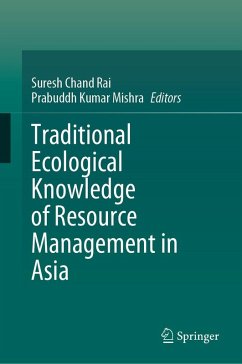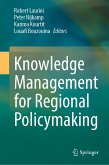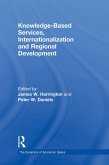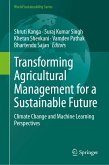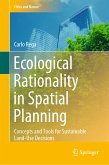This book highlights the different ways of traditional ecological knowledge (TEK) practices that conserve natural resources sustainably. Traditional ecological knowledge (TEK), along with synonymous or closely related terms like indigenous knowledge and native science, originates in the literature on international development and adaptive management. Against the backdrop of unprecedented global degradation and reduction in ecosystem services with impacts on human well-being over the last 50 years, there is a growing interest in the role of traditional ecological knowledge (TEK) practices and systems of local communities in ensuring the sustainable utilization and management of resources. In this context, this book comprehensively analyzes the important aspects of natural resources in Asia. This book covers a detailed study of the different aspects of natural resources. It is divided into three sections, which deal with varying dimensions of indigenous ecological knowledge of resource management in Asia. The first part reflects upon the concept of traditional ecological knowledge, the second part analyzes the systematic documentation of TEK practices, and the third part deals with policy for governance. This book critically describes and explains the indigenous knowledge about resource management. This book is the ideal text for undergraduate, postgraduate, and research scholars in India and abroad. This book is designed in such a manner that it covers all the aspects of natural resources. It also helps the administrator and policymakers use indigenous knowledge in resource management.
Dieser Download kann aus rechtlichen Gründen nur mit Rechnungsadresse in A, B, BG, CY, CZ, D, DK, EW, E, FIN, F, GR, HR, H, IRL, I, LT, L, LR, M, NL, PL, P, R, S, SLO, SK ausgeliefert werden.

